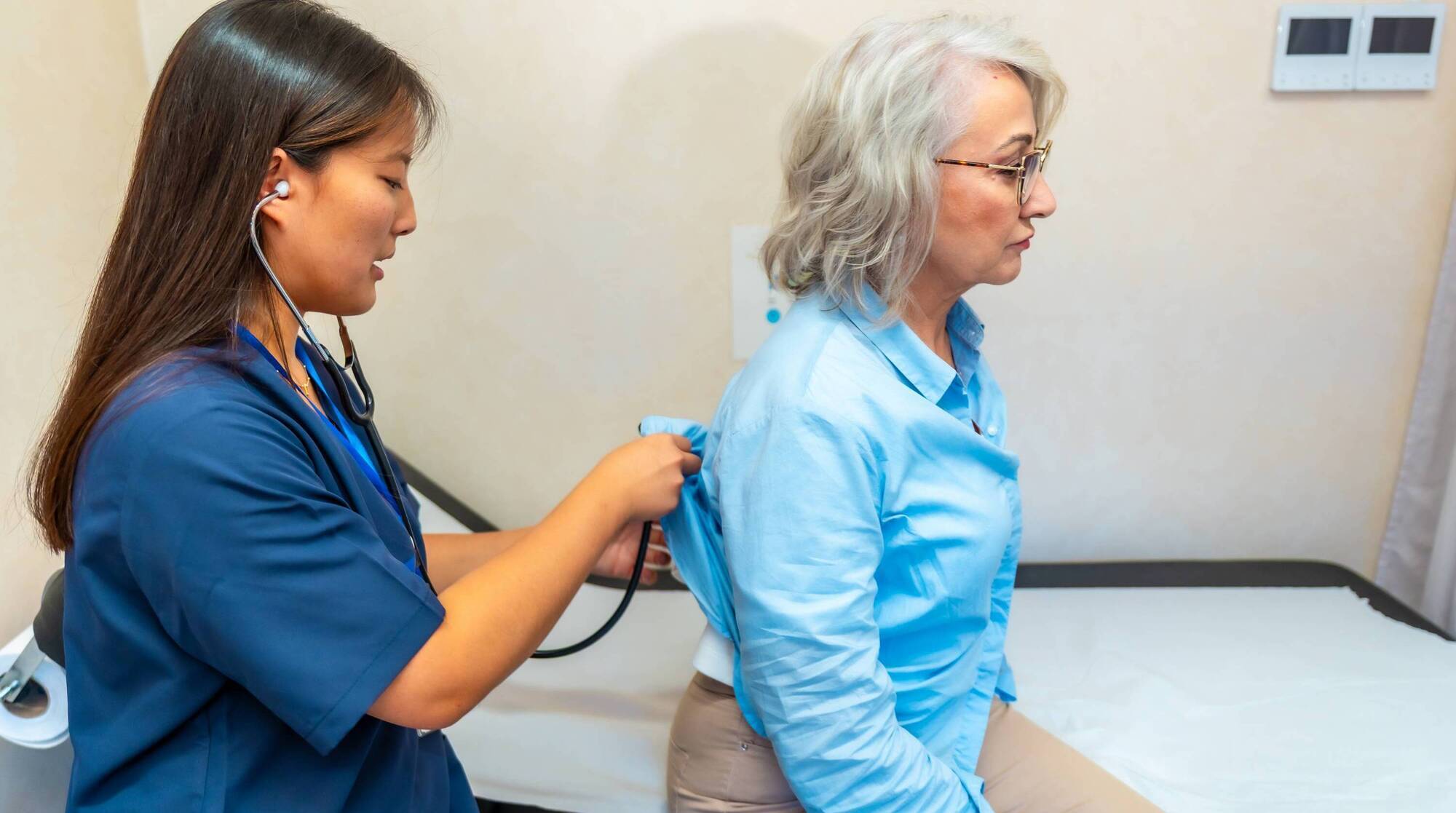Health
A Personal Journey: From Cancer to the Battle Against Hate in Ireland

Gareth O’Callaghan’s life took a dramatic turn when his wife, Paula, was diagnosed with leukaemia during what was expected to be a routine hospital visit in Cork last December. This shocking revelation not only marked the beginning of a new chapter in their lives but also opened O’Callaghan’s eyes to a deeper societal issue: the prevalence of hate in Ireland.
The day began like any other, with the couple anticipating a simple check-up. However, within moments, O’Callaghan learned that his wife had blood cancer. The news struck him profoundly, leaving him grappling with disbelief and panic. “Maybe it’s a mistake,” he found himself thinking, only to be met with the harsh reality that it was not. As he attempted to comfort Paula, who appeared physically well, he recognized that their lives had shifted into a new reality governed by cancer.
O’Callaghan describes the emotional toll of supporting a spouse with cancer, emphasizing that the experience can be deeply isolating. “You offer support, but you don’t expect any in return,” he stated. The couple’s lives became increasingly intertwined with medical appointments and treatments, changing their daily routines and perspectives.
Confronting Societal Issues
As O’Callaghan navigated his wife’s illness, he found himself increasingly aware of the societal issues surrounding healthcare and immigration in Ireland. His anger grew upon witnessing an anti-immigration protest in Dublin, where demonstrators displayed signs such as “Ireland for the Irish.” Among the crowd, he encountered a woman from Estonia who had collapsed due to a seizure. She was in dire need of help, yet O’Callaghan noted that the marchers remained indifferent to her plight.
This incident served as a stark reminder of the hate that permeates society, one that O’Callaghan believes is akin to a different type of cancer—one that erodes compassion and humanity. “What none of these protestors realize is that a different type of cancer is eating away at their lives,” he remarked, highlighting the dangers of allowing hatred to define societal values.
In the aftermath of the protest, O’Callaghan reflected on the refugees residing nearby at City West Hotel, where over 1,200 individuals, primarily from Ukraine, seek shelter. He questioned how many of them might be battling cancer and whether they were receiving the same support as his wife. The protests, he argued, neglect the medical needs of vulnerable populations who also deserve care and compassion.
The Role of Healthcare Professionals
O’Callaghan’s reflections extend to the healthcare professionals who play a critical role in the lives of cancer patients. He pointed out that a significant percentage of Ireland’s healthcare workforce consists of immigrants. According to statistics, 54% of nurses and 40% of doctors come from countries such as India, the UK, and Pakistan. This reliance on foreign expertise is vital for the functioning of the healthcare system, particularly in oncology.
He shared the distressing stories of medical professionals like Dr. Asif Iqbal, who was attacked while in scrubs, and Dr. Taimoor Salman, who faced racial abuse from children. These incidents underscore a disturbing trend of hostility towards those who provide essential care. O’Callaghan poses a crucial question: “Of all those who want to rid Ireland of its immigrants, how many will someday be treated for cancer by a man from Punjab or Kandahar?”
As he continues to support his wife through her treatment, O’Callaghan recognizes the importance of empathy and understanding in the face of suffering. “Cancer is indiscriminate,” he stated, emphasizing that the same individuals who harbor prejudice may one day depend on the very people they seek to exclude.
In conclusion, O’Callaghan’s journey through cancer has not only transformed his understanding of illness but has also illuminated the need for compassion in an increasingly divided society. As his wife experiences good days, O’Callaghan reflects on the interconnectedness of health and humanity, recognizing that true wealth lies in kindness and support for one another.
-

 Top Stories2 months ago
Top Stories2 months agoTributes Surge for 9-Year-Old Leon Briody After Cancer Battle
-

 Entertainment3 months ago
Entertainment3 months agoAimee Osbourne Joins Family for Emotional Tribute to Ozzy
-

 Politics3 months ago
Politics3 months agoDanny Healy-Rae Considers Complaint After Altercation with Garda
-

 Top Stories3 months ago
Top Stories3 months agoIreland Enjoys Summer Heat as Hurricane Erin Approaches Atlantic
-

 World4 months ago
World4 months agoHawaii Commemorates 80 Years Since Hiroshima Bombing with Ceremony
-

 Top Stories2 months ago
Top Stories2 months agoNewcastle West Woman Patricia Foley Found Safe After Urgent Search
-

 Top Stories4 months ago
Top Stories4 months agoFianna Fáil TDs Urgently Consider Maire Geoghegan-Quinn for Presidency
-

 World4 months ago
World4 months agoGaza Aid Distribution Tragedy: 20 Killed Amid Ongoing Violence
-

 World4 months ago
World4 months agoCouple Convicted of Murdering Two-Year-Old Grandson in Wales
-

 World4 months ago
World4 months agoAristocrat Constance Marten and Partner Convicted of Infant Murder
-

 Top Stories3 months ago
Top Stories3 months agoClimbing Errigal: A Must-Do Summer Adventure in Donegal
-

 Top Stories3 months ago
Top Stories3 months agoHike Donegal’s Errigal Mountain NOW for Unforgettable Summer Views









